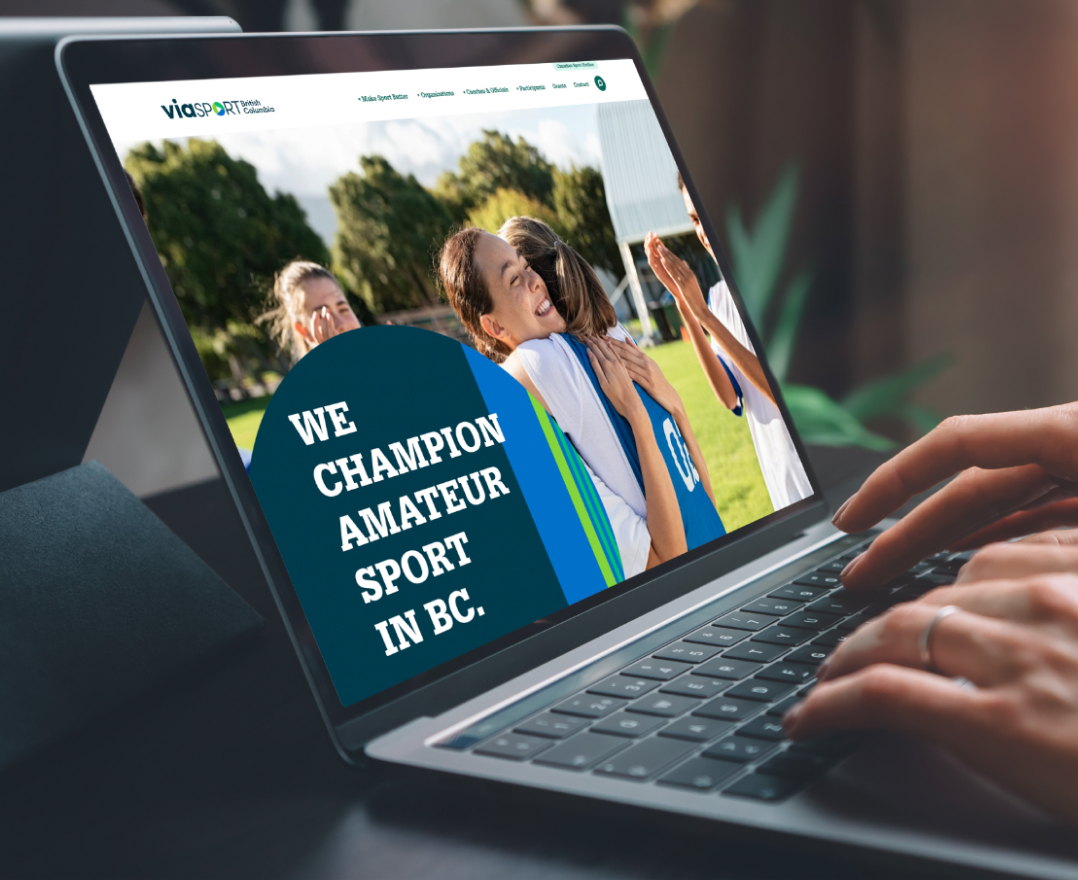Hanna Sault-Hartwick: Taking Down Barriers for Indigenous Athletes
Sep 26, 2024

This feature is part of a series of stories to highlight the sport journeys of Indigenous athletes in British Columbia, as part of viaSport’s commitment to Truth and Reconciliation.
Keep an eye out for our next Indigenous athlete profile, as we continue to speak with and learn from Indigenous athletes in our sport community.
As 8-year-old Hanna Sault-Hartwick stepped onto the mats at her first Brazilian Jiu Jitsu class, she felt like she was home.
Though she dabbled in soccer and karate when she was young, she found herself connecting quickly with Jiu Jitsu. Thrilled by the challenge and intricacies of the sport, she immersed herself and quickly found herself advancing quickly for her age. At the age of twelve, she switched to training gi, no-gi, and MMA, which involved wrestling and Muay Thai as well. At fourteen, she became a competitive Jiu Jitsu athlete and competed at Worlds only two years later.
“I was a part of a minority of First Nations athletes competing in Brazilian Jiu Jitsu in BC,” says Hanna. “I think being an Indigenous athlete represents healing. It is a firm statement that we are still here.”
Hanna Sault-Hartwick is Anishinaabe and Haudenosaunee. With her lineage of warriors, she is proud to represent that in her sport. “It is vital that we recognize the accomplishments of our Indigenous peoples, and sport is such a wonderful way to do so.”
Sport has been at the forefront of her life for most of her schooling years. Once she earned her purple belt, she coached until she started university full-time. Hanna thinks fondly about the memories in sport she made along the way — from letting her self-doubt go in successfully executing a take-down to winning gold at the International Brazilian Jiu Jitsu Federation Worlds in 2019. To Hanna, sport has taught her lessons and given her experiences that serve as her compass as she navigates life ahead.
“There’s such perseverance and mental fortitude that is built during sport. It’s so important to grow up learning those traits,” says Hanna. “Any new skill I try tends to mirror my experience with Brazilian Jiu Jitsu: I start slow, learning the technical aspect, then apply it over time. I’ve always admired people who can pick up skills quickly, but that’s not really me. But I have confidence in my process, I know I’m coachable and passionate, and my experience in sport makes me determined to persevere.”
Hanna is currently applying to medical school – and as she weaves through the busyness of the modern world, she commends athletics for contributing to her health and wellness.
“To me, sport feels like such an extension of the human spirit. Brazilian Jiu Jitsu specifically taught me the power of self-defense, humility in defeat, and technical strength,” says Hanna. “But the greatest lesson I learned from my sport is to breathe.”
Hanna hopes to inspire other Indigenous youth to take the leap. She strives for the gap to be bridged and for Indigenous peoples to be represented not only in sport, but in all aspects of life.
She adds, “Your ancestors are with you, supporting you every step of the way. Your community is with you, supporting you every step of the way. I am rooting for you,” says Hanna. “You belong, and you matter. It’s so worth it – to compete, to challenge yourself, and to learn through sport. As Indigenous peoples, we are still here, we are talented, and we /are proud. Let your sport be your battle cry.”
